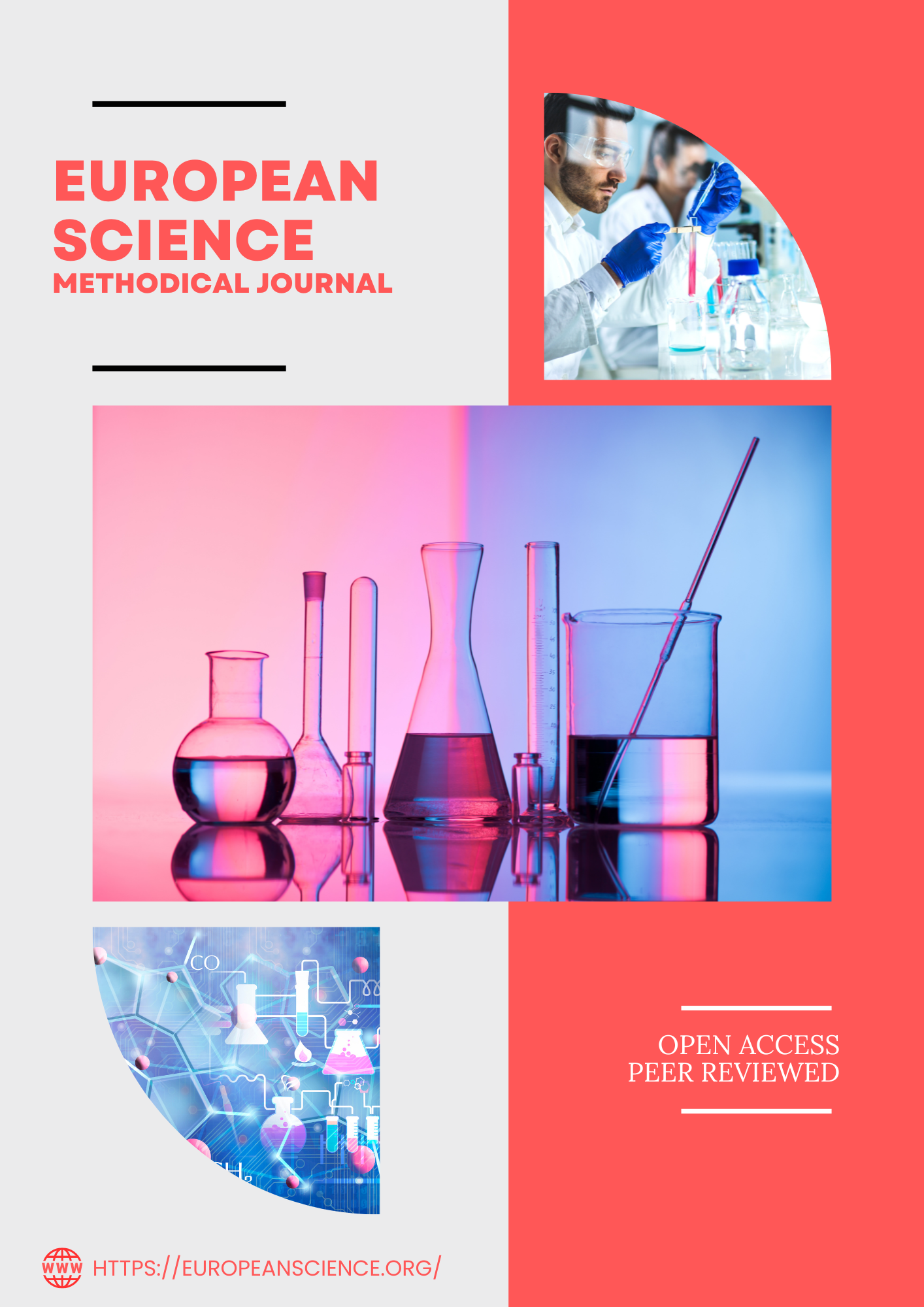HUMAN GENE EDITING FOR TREATING AND PREVENTING GENETIC DISORDERS: ETHICAL AND LEGAL IMPLICATIONS
Keywords:
CRISPER Cas9, Gene Editing, Human Gene, Ethics, Genetic Disorders.Abstract
Human germline genome editing can potentially lead to catastrophic social effects and poses significant ethical issues. Carrying on at the forefront of establishing worldwide ethical guidelines for human germline interventions, scientists from all walks of life emphasize some conditions that they feel are necessary. Such conditions are deemed essential towards cultivating a globally cautious and culturally informed approach towards global governance, especially in the metaphorical "light of dawn." There is an enormous stake in making tangible the significance of comprehending various viewpoints of culture as well as its social impacts that such interventions impose. This identification is essential to guiding systems towards promoting responsible and equitable practices for the field of human germline genome editing. The discourse also discusses the legal and ethical issues of gene editing, emphasizing the need for regulations on an international scale to avoid its unethical application. Lastly, the discourse outlines potential paths toward the development of safe and effective therapeutic and prophylactic uses of gene editing.
Downloads
Published
Issue
Section
License

This work is licensed under a Creative Commons Attribution-NonCommercial 4.0 International License.















